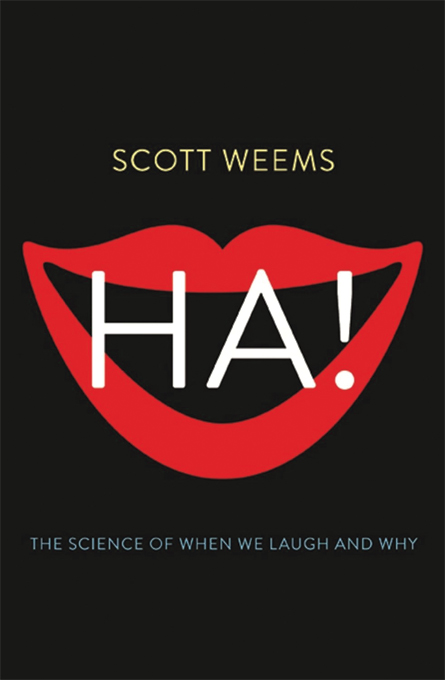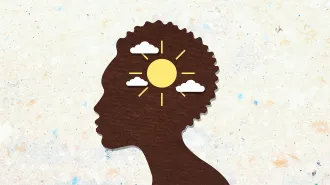Ha! The Science of When We Laugh and Why

It’s certainly possible to over-analyze a joke. But can the same be said for humor as a whole? Considering the abundant research on the topic, maybe not.
Scott Weems, a neuroscientist, takes readers on a wide-ranging tour that explains what humor is and why readers should care. Turns out, humor influences health and social well-being in many ways.
Humor improves interpersonal relationships, and studies show that simply watching a funny movie can lower stress, improve immune system response and even help viewers better solve problems.
The complexity of the human brain makes humor possible, Weems argues, and it also helps explain how some people can find a joke hilarious while others deem it grossly offensive.
Humor takes many forms — as many as 44 by one researcher’s count — but shares certain traits and themes. From puns and riddles to slapstick, humor is inherently subversive, Weems says, often treating serious subjects with frivolity or even rudeness. Prisoners of war and others in dire situations, for instance, often turn to dark humor.
Ha! isn’t a self-help guide to being funny, though a careful reader can find useful nuggets throughout. The funniest jokes carry a little edginess, but not too much. Surprise helps, too, whether it’s the incongruity of an elephant hiding in a cherry tree or the absolute improbability of Raquel Welch and the pope ending up in the same lifeboat.
The final chapter divulges Weems’ semisuccessful attempt at stand-up comedy. He got a few laughs, he says, but not where he expected them. Maybe practice does make perfect: The joke that got Weems the most laughs, and judged by one website’s readers as the best in the world, is a story that he had practiced many dozens, maybe hundreds, of times.
Basic Books, $26.99
Buy this book from Amazon.com. Sales generated through the links to Amazon.com contribute to Society for Science & the Public’s programs.







